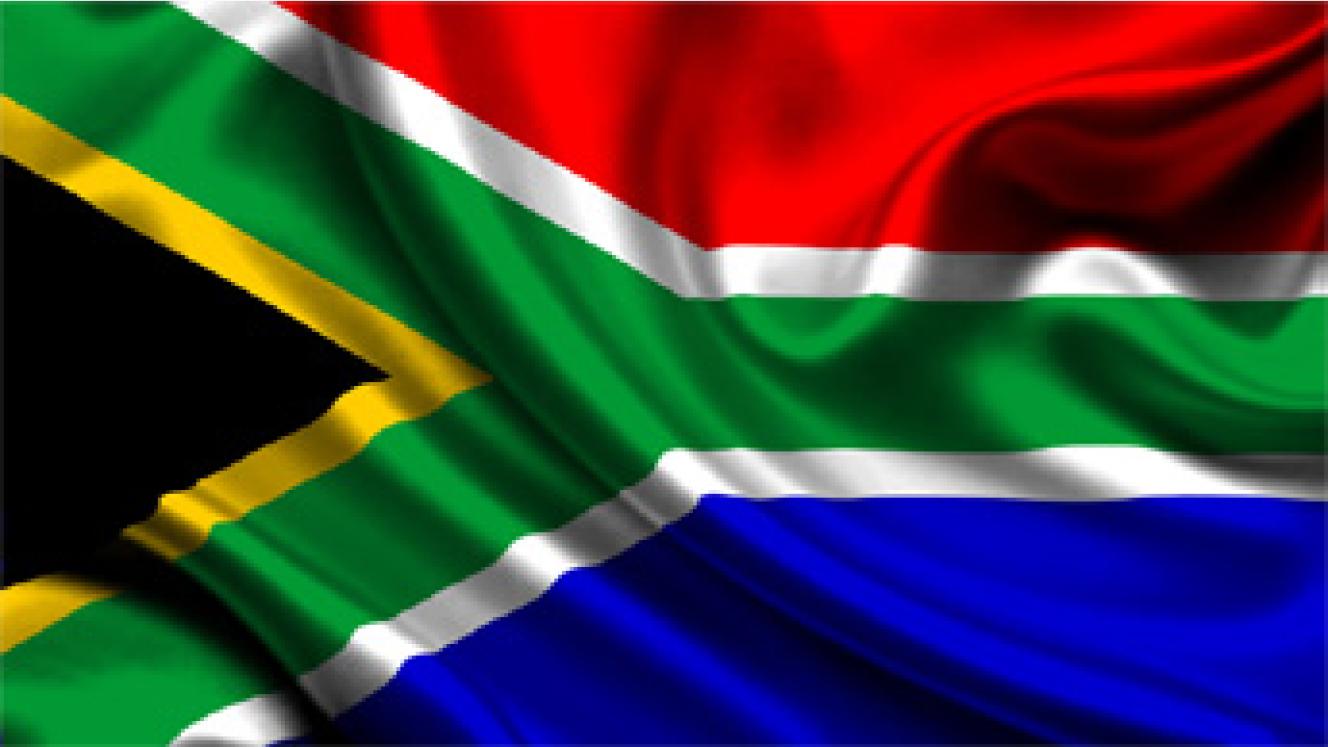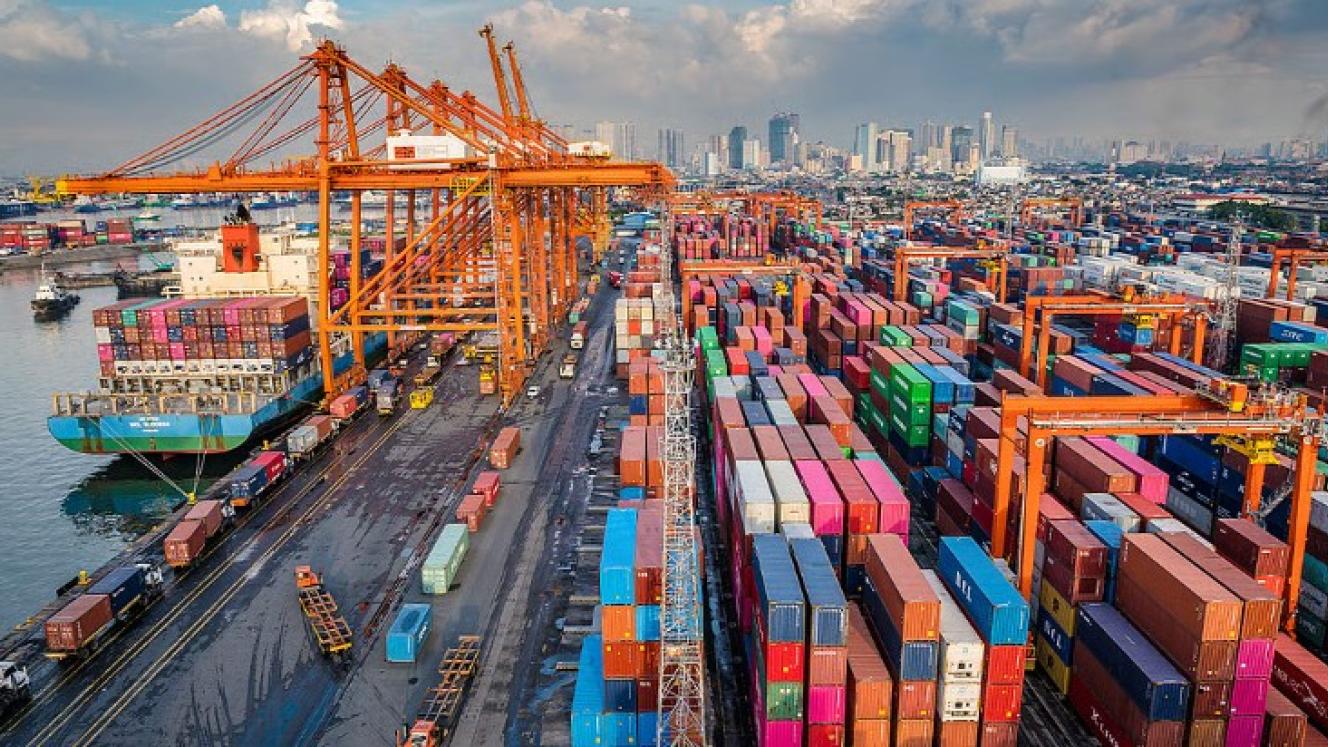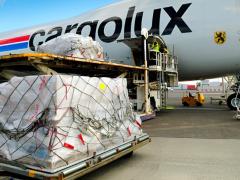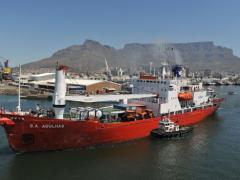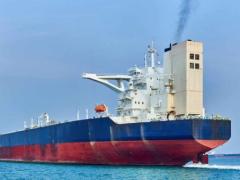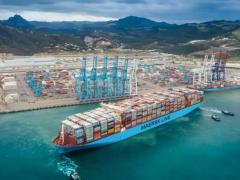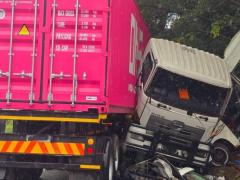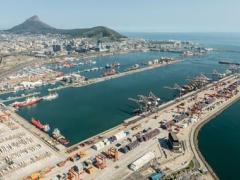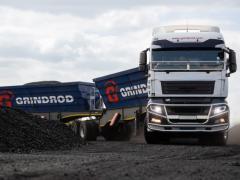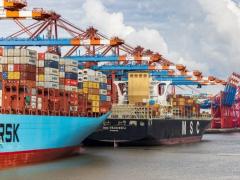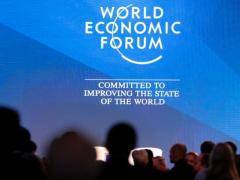South Africa has already secured R774 billion in new investments over the past four years and is bracing for further investment in the country in the coming years.
President Cyril Ramaphosa, speaking at the opening of the fourth South Africa Investment Conference in Sandton on Thursday, told delegates that the country was one-third of the way to attracting its goal of R1.2 trillion in new investments over a five-year period.
He said the country was open for business despite the Covid-19 pandemic, offering investors financial and operating stability as an investment destination.
“As investors, you need to know that your investments are secure, that the operating environment is stable, and that you are supported by policy certainty and regulatory safeguards. You need to know that the measures we are taking to tackle crime and damage to infrastructure are having an effect.”
He said investors were making a difference in local economies and in people’s lives.
“We invite you to be part of a young, dynamic, resilient nation positioning itself at the forefront of progress and change. We are forging ahead to transform our economy, to unlock our country’s potential and to create meaningful livelihoods for all our people.”
Ramaphosa said of the R744 billion committed, around R316 billion had been invested so far.
“We are two-thirds of the way to reaching our target. Of the 152 investment pledges, 45 projects have been completed. A further 57 are under construction. Fifteen have been put on hold, in several cases due to the impact of the pandemic. The investments that have been realised since our first conference have created job opportunities, increased localisation and expanded local value chains.”
Ramaphosa highlighted some of the government’s recent reforms and achievements in the energy, logisitics and information technology sectors to create a more investor-friendly environment.
He said the government had undertaken “the most extensive transformation of our energy sector in nearly a century”.
“In December last year Eskom met its deadline of establishing a separate transmission entity, and is set to complete the process of unbundling into separate entities for generation, transmission and distribution by the end of this year. We are moving ahead to facilitate a competitive market for electricity generation, and the establishment of an independent state-owned transmission company.”
He said the country had a deficit of around 4 000 MW of energy supply.
“We are working with the private sector to fast-track investment to unlock a potential 4 000 MW of embedded generation. We have increased the licensing threshold for embedded generation projects from 1 MW to 100 MW,” he said
Bid window 6 of the Renewable Energy Independent Power Producer Procurement Programme was also launched last year, which would add new generation capacity to the grid over the next two years, mainly through wind and solar power.
“Even as the country continues to experience intermittent load shedding, we are moving with pace and determination to bring new-generation capacity online in the shortest possible time. We are doing so while undertaking the far-reaching reforms that will secure a reliable, affordable and sustainable supply of electricity well into the future.”
Ramaphosa added that the government was also focused on improving the efficiency of roads, railways and ports.
“While we undertake a range of measures to improve operational performance, we are also implementing structural reforms to increase investment, introduce new technologies and skills, and improve efficiency in our rail and port infrastructure. The establishment of the Transnet National Ports Authority as a separate entity may not, at first glance, seem particularly transformational, but it is a long-overdue structural reform that will have a profound effect on investment in ports infrastructure,” he said.
“Transnet will soon start the process of providing third-party access to the freight rail network, a development that will encourage more efficient use of some of our country’s most valuable infrastructure assets.”
Ramaphosa added that last week the government had also concluded the first significant spectrum auction in close to two decades, which would unlock additional spectrum for mobile communications, and facilitate the deployment of broadband infrastructure across the country.
